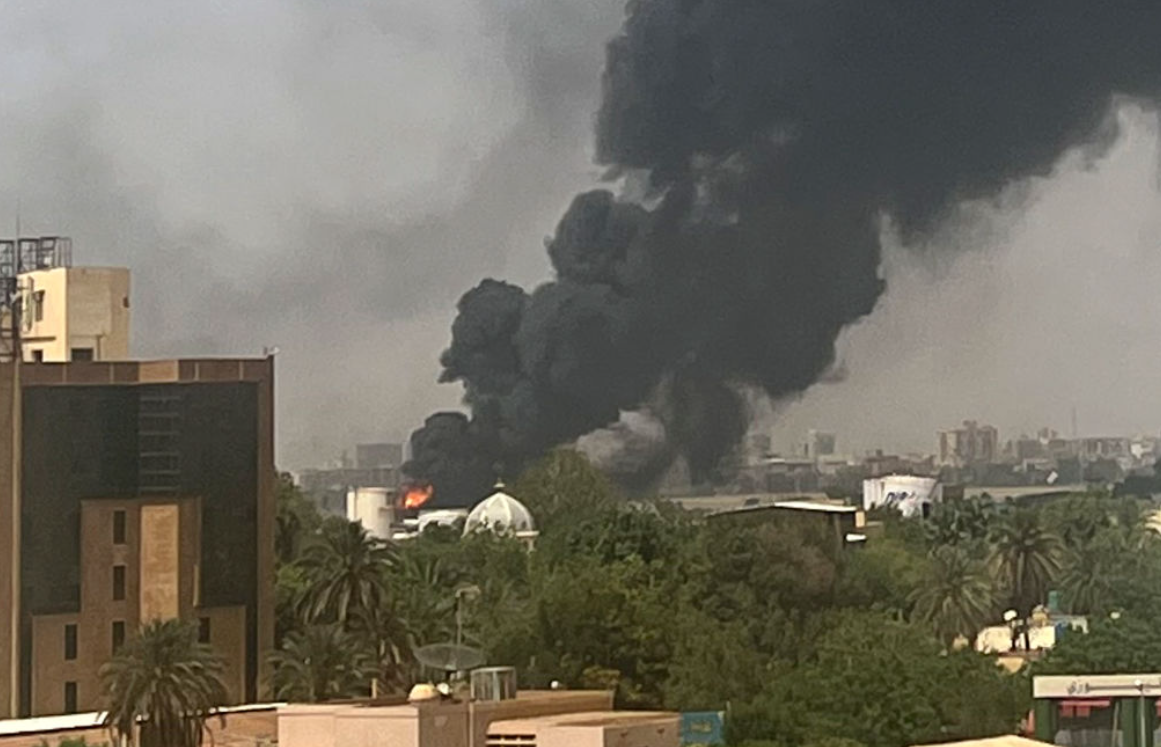
The Ongoing Absurd War Approaches Its Fifth Month
Abdullah Rizk Abu Simazah
In two days, the wretched absurd war in Khartoum will complete its fourth month, moving into the fifth, without a military resolution, and without a foreseeable horizon for imminent peace negotiations.
As the war enters its fifth month, it does so with even greater ferocity, reflecting the entrenched will of both parties to continue fighting, despite multiple efforts by various parties to bring it to a halt. Although the war has lost some of its initial momentum and strength, it has reached a stable balance of power.
After ten ceasefires, the parties are still far from reaching a long-term ceasefire agreement. The ongoing stumbling and sluggishness in efforts to stop the war create space for escalation, either for military decisiveness or to strengthen the negotiating position of either party, at the very least. This escalation exacerbates the suffering of civilians.
One of the most notable developments at the beginning of the wars fifth month is the search and sweep operations initiated by the armed forces. In these operations, the armys air force and artillery play a crucial role in tactical attacks within the framework of a strategic defense stance (according to Mao Zedong). These attacks target the positions and concentrations of the Rapid Support Forces, which in turn have fortified themselves in residential areas, potentially causing harm to civilians and civilian structures.
On the other side, the Rapid Support Forces focus their main effort on attacking the military sites of the armed forces in Khartoum, specifically in areas like Shajar, Al-Muhandisin, and Wadi Sidna, as well as targeting the general command.
The formal transformation of residential areas into operational zones marks a turning point in the course of the war. In this context, residents of some neighborhoods have been asked by both warring parties to evacuate their homes.
The continuation of military operations in the long run could ultimately lead to the evacuation of the entire capital, turning it into a major battleground, displacing the remaining population (about two million projected as displaced and martyred), according to the International Organization for Migration. The proportion of displaced people from the capital approaches three-quarters of the total displaced population in the country, making displacement a phenomenon unique to the capital and the nation simultaneously.
Amid the dire conditions experienced by the displaced everywhere, the state, alongside some private sector institutions, is unable to provide employee salaries, leaving hundreds of thousands of families who depend on their monthly incomes unable to afford food or medicine.
The new waves of displacement that will likely result from the ongoing escalation of military operations will exacerbate this tragedy, straining the capacity of housing facilities while humanitarian aid remains scarce.
The evident involvement of Islamists in the war, as one of its parties, and the complexities it adds to the nature of the conflict (which is no longer just a punitive action against a rebellious militia), is the most significant factor in the current political landscape. This has implications for the settlement efforts aimed at ending the war, excluding, at least for now, the dissolved National Congress Party supporters from those efforts based on current perceptions.
After two weeks of the suspension of negotiations in Juba, there are no new signs in the context of the wars evolution that indicate its impending end. It is more likely that new qualitative wars with different agendas (in South Kordofan, Blue Nile, and Western Darfur) will arise, fueled by the ongoing tribal mobilization and the increasing resistance of Islamists to any efforts to stop the war unless they are incorporated into any political resolution of the conflict.

